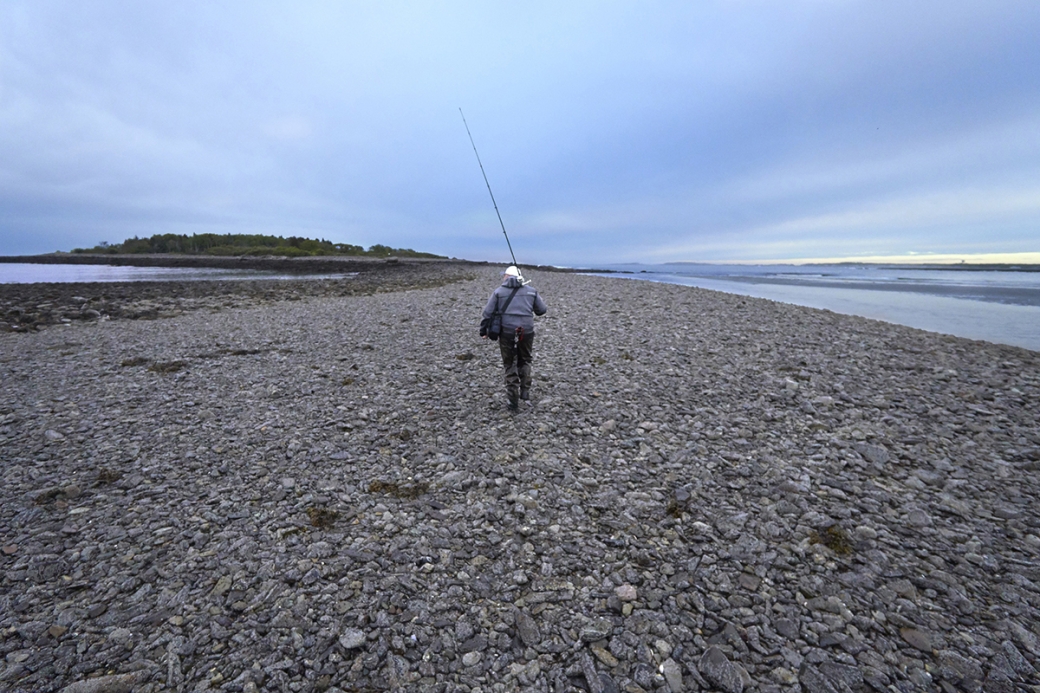Warming Seas, Falling Fortunes
| by Avery Siciliano, Alexandra Carter, Shiva Polefka, and Michael Conathan

Center for the Blue Economy Advisory Council member Michael Conathan co-authors this piece sharing “Stories of Fishermen on the Front Lines of Climate Change.”
Many fishermen understand the negative consequences of climate change on their livelihoods. In 2014, the Center for American Progress led a survey asking commercial fishermen in New England about their perspectives on the changes occurring on the water. CAP found that “65 percent of fishermen surveyed believe climate change could leave them ‘unable to profit’ and ultimately ‘forced out’ of their fishery,leaving them with no option but to switch to a new target species or a different profession entirely. According to the survey, “More than 80 percent of those who have noticed a warming trend attribute it to climate change.” The concerns of fishermen, combined with the clear scientific evidence, have prompted many regional fishery managers to begin contemplating how to incorporate climate change into fisheries management in a way that upholds the stringent standards of the Magnuson-Stevens Fishery Conservation and Management Act (MSA).
The Magnuson-Stevens Fishery Conservation and Management Act
The MSA, the main fisheries management law in the United States, has propelled the country to become an international leader in sustainable fisheries management. It was originally passed in 1976 to protect American fishing rights within 200 miles of the coast, now known as the exclusive economic zone. Since passage, the MSA has been reauthorized to further protect and sustain American fishing interests by sustainably managing the nation’s fishery resources through science-based management and conservation.
For More Information
Read the Full Article: Warming Seas, Failing Fortunes: Stories of Fishermen on the Front Lines of Climate Change
